Speech Therapy Services
Let’s Talk offers evidence-based evaluations, individual treatments, group treatments, and consultations for a wide variety of speech and language disorders.

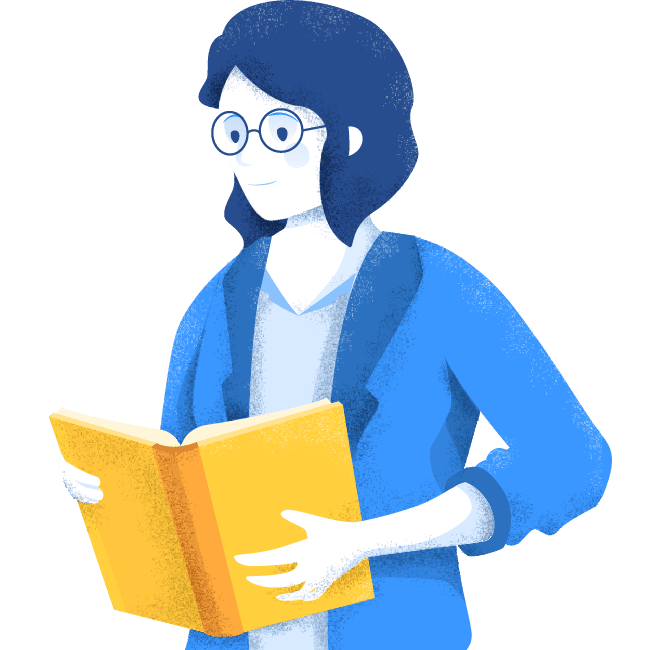
Therapy Treatments
Voice Disorders
Our speech-language pathologists possess the expertise in identifying voice disorders and in guiding their clients to discover an optimal method of using of their voice.
Language Disorders
It’s just semantics! Or is it? Our clinicians provide a manifold of opportunities for your children to develop foundational language skills in the areas of phonology, morphology, semantics, and syntax.
Fluency Disorders
We assist our clients in achieving their highest degree of fluent speaking and assist in their discovery of what it means to be a confident and comfortable speaker as a person who stutters.
Speech Sound Disorders
Our therapists are trained to address all the factors impacting intelligibility, or the degree to which one is understood by others.

Social Communication
At Let’s Talk, nonverbal communication matters! Our clients learn new social skills such as reading and using nonverbal cues, perspective taking, making new friends, and navigating conversations.
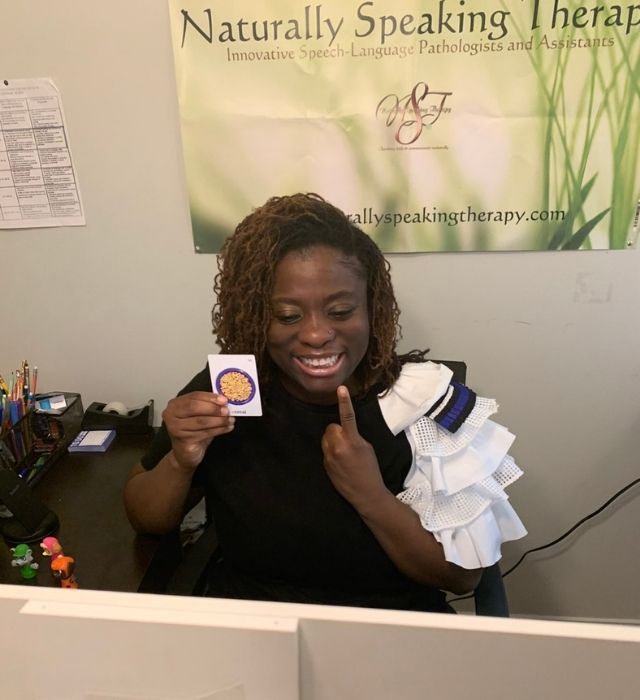
Voice Disorders
Voice disorders can arise from misuse, overuse, muscle tension, and damage to the vocal folds, and can result in hoarseness, breathiness, pitch breaks, hypo/hypernasal resonance, and effortful and painful speaking.
In collaboration with physicians, our speech-language pathologists will evaluate and deliver a plan of treatment according to the client’s needs, participation, and vocation in life.
Language Disorders
A child’s ability to understand, speak, read, and write may be disrupted by the presence of a language disorder, also known as a “developmental language disorder” or DLD. Generally, children with DLDs may have difficulty acquiring various aspects of language such as phonology (sounds), morphology (word structure), vocabulary (word choice), semantics (meaning), syntax (sentence structure), and pragmatics (social language/social skills). Our clinicians are skilled at early identification and treatment of language disorders and are available to support children and their families navigate our world of language and literacy!
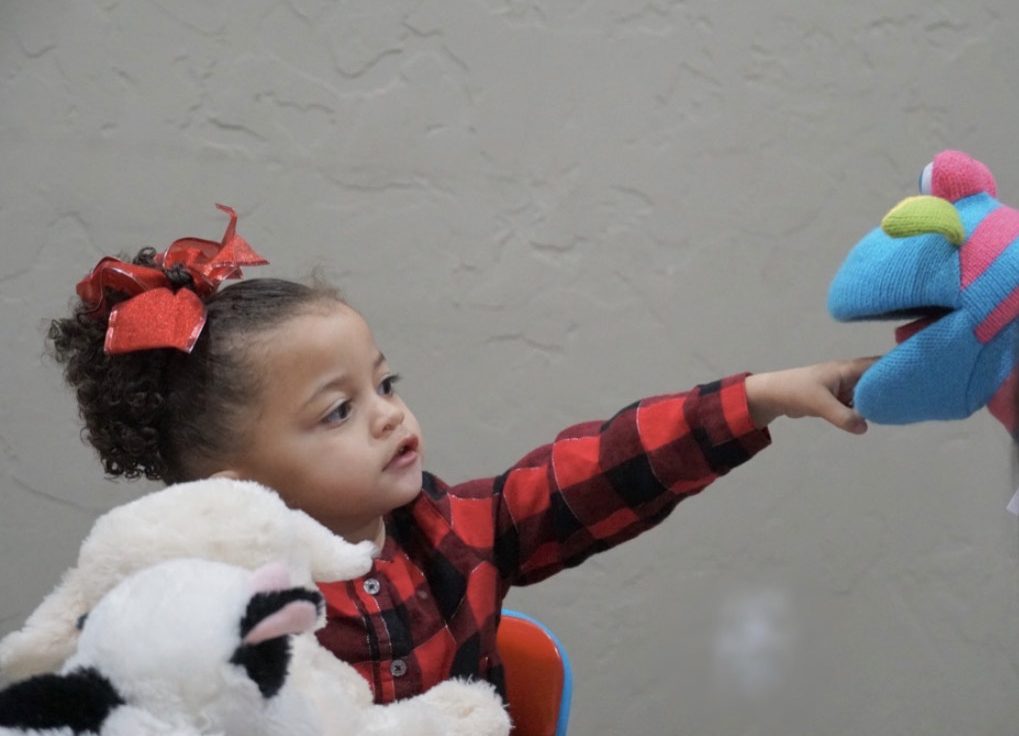
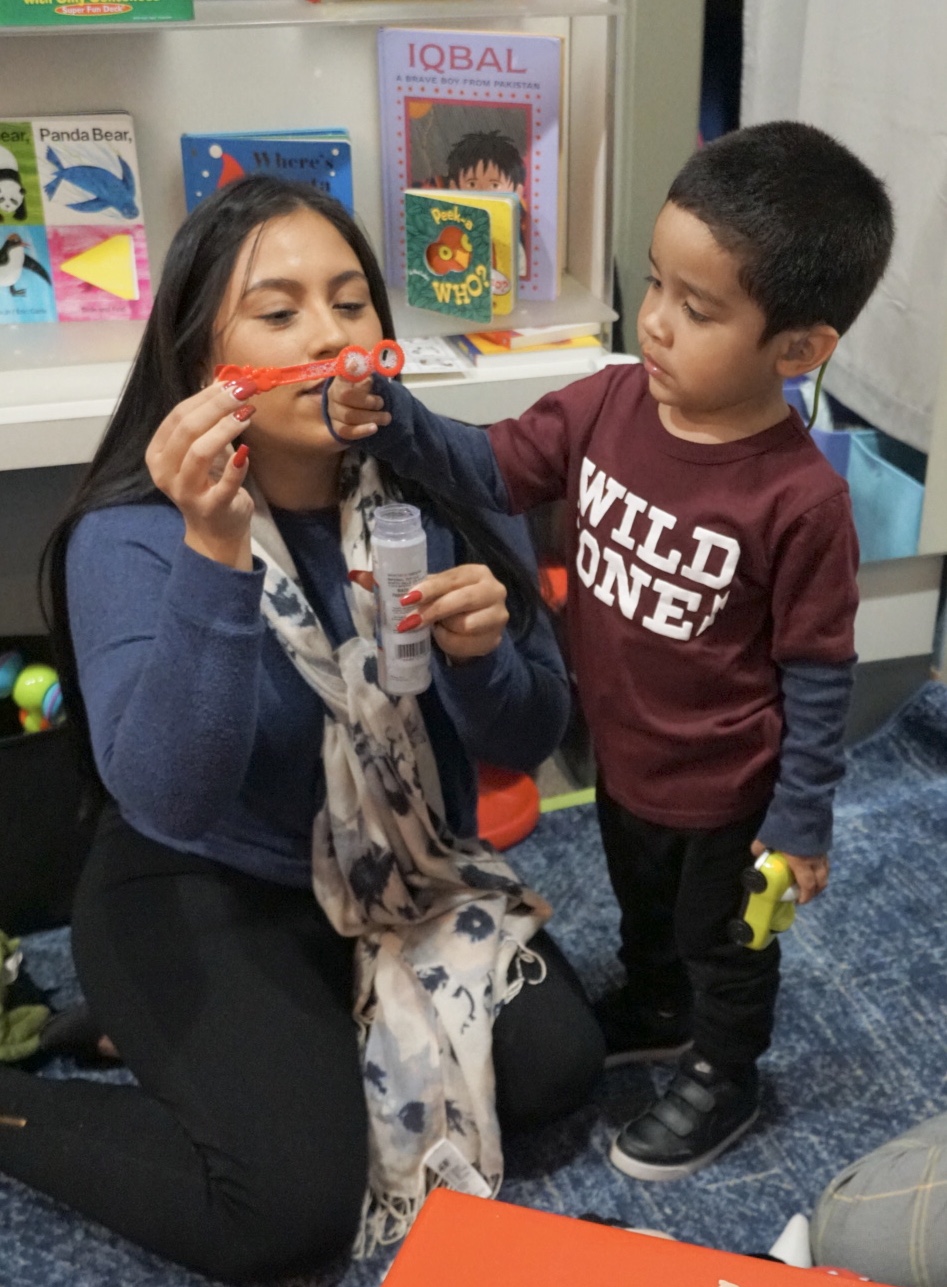
Fluency Disorders
Individuals who stutter or clutter are identified as having a fluency disorder. These, like speech sound disorders, often result in frustration, embarrassment, and lack of self-confidence while speaking.
Children and adults who stutter can regularly feel “stuck” at the beginning of words and sentences, repeat sounds and parts of words, and stretch out sounds, all of which impedes the overall rate, flow, and rhythm of speech.
At Let’s Talk, our team gives our clients the fluency-shaping tools, self-awareness, comfortability, and confidence of speaking as an individual who stutters.
Speech Sound Disorders
Speech Sound Disorder (SSD) is an umbrella term that encompasses several disorders of speech sound production. These include phonological disorders, articulation disorders, apraxia of speech, and dysarthria. Individuals with a speech sound disorder often become frustrated due to the lack of listener’s understanding in everyday speech.
This can negatively affect communication in both the home and community. Often these individuals are passed off as “just artic” and remain on school caseloads for extended periods of time, which take up valuable academic, social, and vocational activities. We have a passion to find the root cause of the issue and design effective programs that will result in better speaking and listener intelligibility.
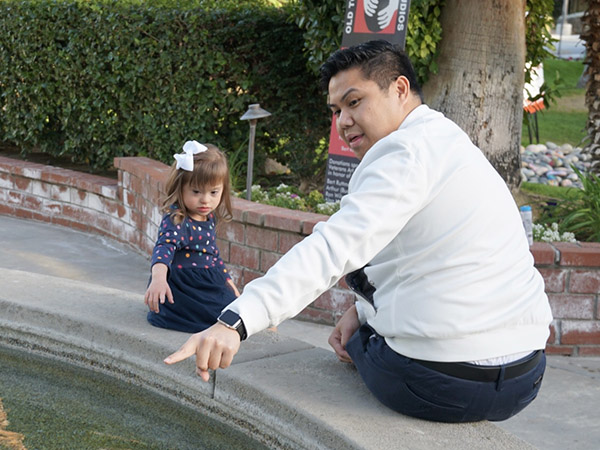

Stuttering
Stuttering events may be accompanied by secondary physical behaviors including eye blinks, nasal flaring, tremors of the lips and/or jaw and tension in the head, neck and shoulders.
A person with stuttering might also try to hide disfluencies by avoiding words, changing words in sentences (circumlocution), pretending to “forget” what they wanted to say, avoiding situations or choosing not to speak. Stuttering generally begins in childhood (between 2 ½ and 4 years of age), and although studies indicate that genetics play a role in the disorder, its exact cause remains unknown.
While pre-schoolers often demonstrate little awareness of their disfluencies, older children become increasingly aware of their stuttering and people’s reactions to it. For both children and adults, speech fluency may vary greatly from day to day or week to week.
Fluency might also be better or worse during specific activities or in different environments.
What Our Students Think About Let’s Talk!
My son has been working with the staff at Let’s Talk for 2 years now. The environment is safe and fun. My son always looks forward to his sessions. We definitely recommend Let’s Talk Speech services!
We were taking our autistic son to another speech therapy place here in the desert when we heard about Let’s Talk. We consider Let’s Talk to be an integral part of our son’s success.
Maverick Zamora is an amazing Speech and Language Pathologist! His energy is awesome! Definitely recommend this place.